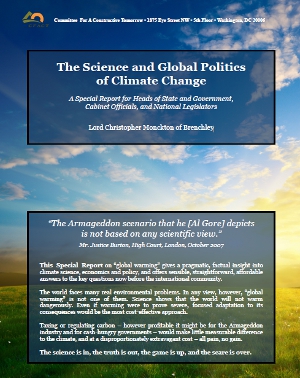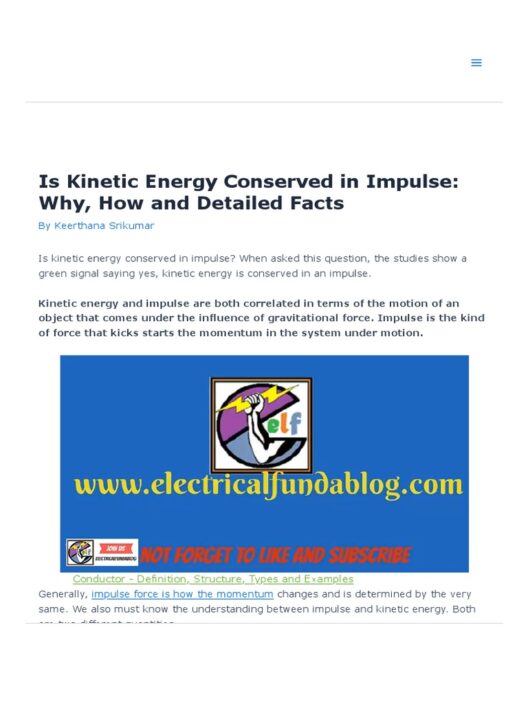Climate change, once a controversial topic shrouded in debate, has increasingly become an inescapable reality evidenced by drastic environmental changes. Despite an overwhelming consensus among the scientific community regarding the urgency of addressing global warming, many governments historically dismissed the scientific warnings, often prioritizing political agendas over ecological imperatives. This dissonance between science and politics raises profound questions: How did this dismissal occur, and what are its implications for our planet’s future?
At the nexus of this discourse is the acknowledgment of climate science as not merely a collection of studies but as a rigorous framework underpinning profound environmental realities. Scientists have consistently presented data illustrating rising global temperatures, melting polar ice caps, and the intensified frequency of extreme weather events. Yet, despite the robust nature of these findings, many governmental policies have paradoxically veered towards apathy and skepticism, rather than proactive remediation.
Historically, the politicization of climate change began gaining traction in the late 20th century, primarily influenced by the rise of fossil fuel industries. Governments, entwined in economic profitability and energy dependence, often found themselves at odds with scientific predictions of impending environmental crises. The emergence of think tanks and lobbying groups, bankrolled by these industries, sowed seeds of doubt regarding the veracity of climate science. This strategic disinformation campaign contrived to frame climate change as a contentious issue rather than a consensus subject. The narrative became one of uncertainty, thus allowing governments to procrastinate on stringent environmental policies without facing significant public or political backlash.
During pivotal moments, such as the lead-up to the 1997 Kyoto Protocol negotiations, this trend was glaringly apparent. While the protocol aimed to set binding emission reduction targets for developed countries, several political leaders expressed concerns regarding economic repercussions and the potential competitive disadvantage against nations that may not participate in the same emissions reductions. Such political rhetoric implicitly downplayed the scientific understanding of climate change while prioritizing short-term economic growth over long-term planetary stability. It was an all-too-familiar theme—sacrificing environmental integrity at the altar of economic ambition.
The narrative shifted once again with the ascendance of climate skepticism in the 2000s, further complicating the dialogue between science and policy. Politicians seized upon this skepticism, echoing sentiments that questioned the legitimacy of climate science, often citing the uncertainty and complexity surrounding climate models. The maligning of the scientific community became a tool of political leverage, allowing policymakers to sidestep responsibility and promote policies favorable to industries resistant to change. This epoch marked a reticent retreat from the acknowledgment of global warming, where sound bites overshadowed the robust discourse necessary for climatic understanding.
As generations grapple with these continued dismissals of climate science, the awareness of environmental degradation burgeons. Increasing instances of climate-induced natural disasters have raised alarm, instigating a nuanced reconsideration of the political stance toward climate initiatives. Awareness now permeates society at various levels, from grassroots movements to high-profile environmental campaigns. The advocacy for sustainable practices and the push for governmental accountability exemplify a diversified public mandate for change. With unprecedented climate-induced calamities becoming more frequent and severe, the urgency for action has reached a critical tipping point.
Using this dynamic backdrop, a pivotal aspect emerges: the relationship between public perception and governmental response. Societal pressures have invigorated the conversation surrounding climate policy, and as citizens demand clearer guidelines for mitigating climate change, resistance by governments is becoming increasingly untenable. This evolving dialogue reflects a broader understanding that disregarding scientific consensus threatens environmental, economic, and social stability.
However, the road ahead is fraught with challenges. The intricate interplay between political ideology and climate action remains a barrier to constructing cohesive environmental policies. Political factions often align themselves along partisan lines; while some advocate for aggressive emissions reduction policies, others remain entrenched in the status quo, clinging to fossil fuel dependence due to economic concerns or ideological alignment. This division complicates legislative efforts to enact impactful, science-based climate policies.
Climate change, unlike other sociopolitical issues, demands long-term vision and cooperation transcending individual political agendas. The science of climate change compels a radical departure from conventional political maneuvering. The opportunity exists for governments to align closely with scientific findings, championing initiatives that foster environmental responsibility while simultaneously invigorating economic opportunities in emerging sustainable sectors.
To navigate these intricate political waters, collaborative strategies become imperative. Governments must engage in transparent dialogue with scientists, economists, and civil society, fostering a multidisciplinary approach to devise policies that integrate scientific insights with legislative frameworks. Public engagement in policy formulation is essential to bridge the gap between politics and science. When communities actively participate in shaping climate policies, it encourages a shared sense of ownership and accountability.
In conclusion, while the historical dismissal of global warming by governments stands as a cautionary tale about the consequences of prioritizing political interests over scientific counsel, a paradigm shift awaits. As the momentum for climate action builds, governments must seize this critical juncture to mitigate climate impacts effectively. The challenge lies not only in addressing the scientific realities that inform climate change but also in fostering a political climate conducive to substantive change. Should this synthesis occur, it may not only combat the dire implications of climate change but also catalyze a transformative approach to governance embracing environmental stewardship for generations to come.








